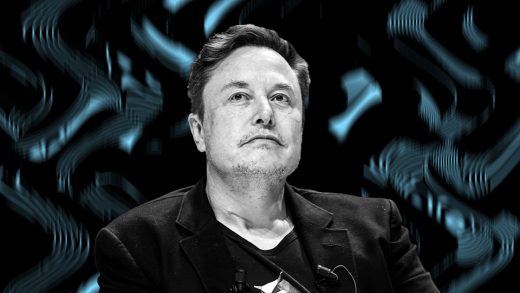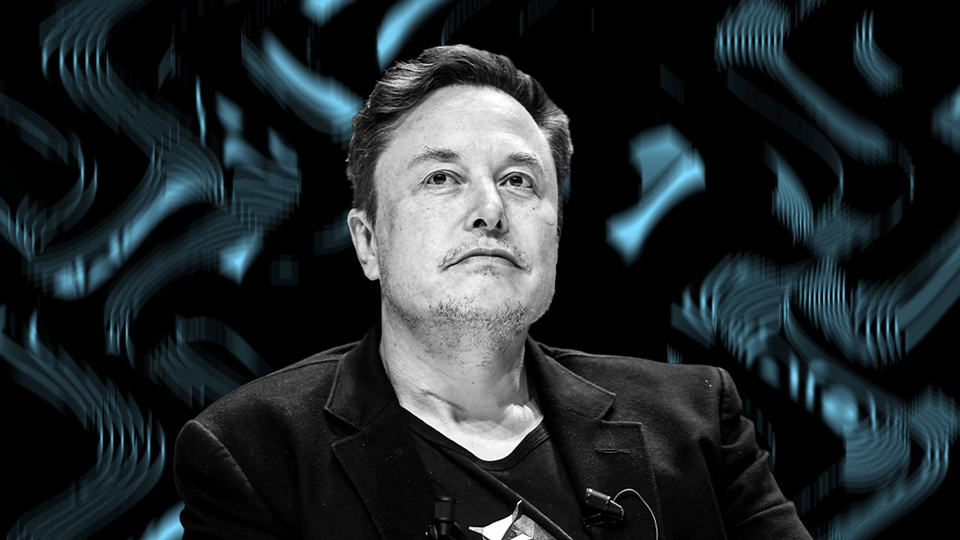Elon Musk’s Twitter buy: Add bankers to the list of victims
August 20, 2024
Elon Musk’s Twitter buy: Add bankers to the list of victims
Seven banks lent Musk $13 billion to buy Twitter. Now they’re stuck with the debt.
BY Chris Morris
When Elon Musk decided to buy Twitter, he enlisted the help (and financial assistance) of seven major banks to back his offer, ultimately securing loans of $13 billion. It seemed a good bet for the financial institutions at the time.
Musk, after all, had a history of success with businesses—and banks tend to sell that sort of debt, clearing their balance sheet and moving onto the next loan. Those banks, however, haven’t been able to sell the debt, in part because of the financial performance of Twitter, which is now known as X, and in part because of higher interest rates. And while interest payments have been made, the principal of the loans remains. That’s causing problems.
Musk paid $44 billion for the social media site in October 2022. As of March 31, the holding has lost an estimated 71.5% of its value—and the underperformance of those loans, reports the Wall Street Journal, is the worst the banking industry has seen since the real estate crisis of 2008.
In banking parlance, the loans are “hung,” meaning banks can’t offload them. Pitchbook data, cited by the Journal, says they’ve been hung longer than every other hung loan since 2008. They could, in some instances, be sold at a loss, but if Musk does ultimately repay them, the banks would not only recoup their initial investment, but interest payments that were set several points higher than what other investment companies are normally charged, due to the excessively high purchase price. (Annual interest payments total about $1.5 billion.)
Whether the loans will ultimately be paid off, of course, is still something of an X factor, if you will. Advertisers have reportedly fled the platform and don’t seem to be rushing back (though X has insisted many of those who left have returned). Musk, earlier this month, sued an advertising trade group, alleging they conspired to boycott X.
“We tried being nice for 2 years and got nothing but empty words. Now, it is war,” Musk said in a post on X.
While the election seems to be revitalizing some interest in X, with Musk interviewing Donald Trump recently to a seemingly significant number of listeners, the site has not found a way to monetize that interest, which will likely continue to act as a barrier for the banks to sell the loans.
Some investment bankers have also seen their salaries or bonuses shrink, the Journal adds.
Banks aren’t the only ones facing financial exposure from the Twitter deal, of course. Several high-profile co-investors, including the Andreessen-Horowitz VC fund, Oracle founder Larry Ellison, Sequoia Capital, and Ron Baron, put up nearly $ 5 billion to help finance the deal. And Fidelity and Saudi Arabia’s sovereign wealth fund swapped their Twitter holdings for X stock rather than taking the payout investors were offered at the time of the sale.
(Fidelity’s valuation of that investment is one of the primary ways onlookers have been able to monitor Twitter’s financial fortunes in the Musk era.)
Musk’s own shares have lost an estimated $ 17 billion or so of their value.
Plenty of others have spoken out about nonfinancial harm they say they have suffered since the change in ownership as well. Musk’s decision to kill the company’s safety board has resulted in numerous complaints about harassment and the Anti-Defamation League has spoken out about rising hate speech on the social media platform. Most recently, J.K. Rowling and Elon Musk were named in a cyberbullying lawsuit by Algerian boxer Imane Khelif, who won the women’s welterweight division at the 2024 Paris Olympics, after sharing and posting comments attacking her gender eligibility.
ABOUT THE AUTHOR
Fast Company
(11)



